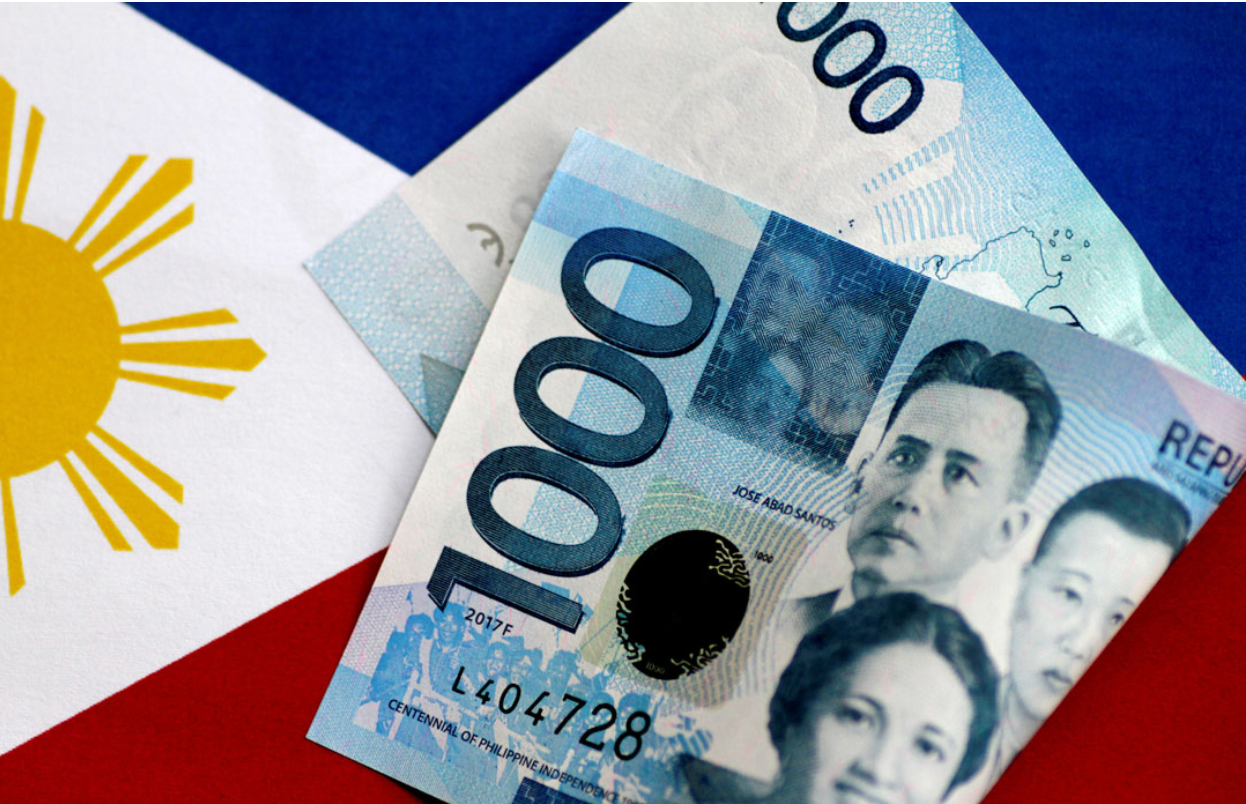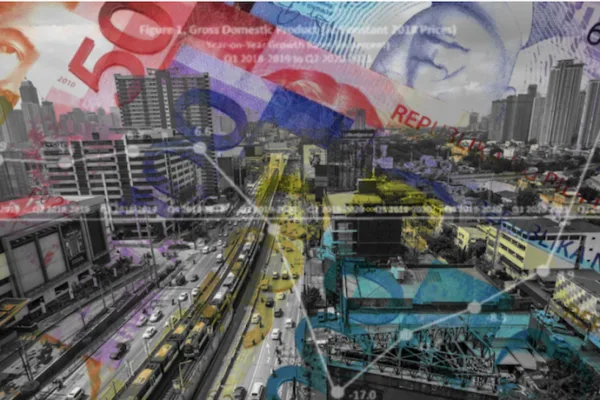by Edielyn Mae Mangol, Reporter
The Philippines has secured a major victory on the world stage after the European Union (EU) officially removed the country from its roster of high-risk nations for money laundering and terrorism financing. The decision, announced by the European Commission in June and taking effect on August 5, marks a significant milestone for the Philippine economy.
This delisting, a testament to the country’s monumental progress in strengthening its Anti-Money Laundering (AML) and Counter-Terrorism Financing (CFT) framework, signals a powerful boost to investor confidence and its global financial reputation. It also follows crucial clearances from the Financial Action Task Force (FATF) and the United Kingdom earlier this year.
For Filipino businesses, banks, and most notably, our overseas Filipino workers (OFWs), this is a moment of relief and opportunity, promising lower transaction costs and smoother cross-border dealings. For a nation built on the remittances of its heroes abroad, this isn’t just a regulatory win — it’s a testament to the integrity and resilience of the Filipino people.
The European Commission announced the decision in June 2025, with the regulation taking effect on August 5. This follows the Philippines’ earlier removal from the Financial Action Task Force (FATF) grey list in February and the United Kingdom’s high-risk list in March.
The delisting reduces regulatory burdens for Philippine entities transacting in the EU and is expected to benefit banks, overseas Filipino workers (OFWs), and investors by lowering compliance costs and boosting global confidence in the country’s financial system.
EU recognizes Philippine reforms in exiting EU High-Risk list
The EU’s high-risk list subjects countries to additional checks and compliance measures when their entities transact with European financial institutions. The Philippines’ inclusion in previous years stemmed from concerns about deficiencies in its anti-money laundering and counter-terrorism financing (AML/CFT) regime, particularly in enforcement and supervision.
According to the European Commission, the Philippines has since demonstrated significant progress in addressing these shortcomings. Reforms included strengthening risk-based supervision of banks and other financial institutions, improving coordination across law enforcement agencies, and expanding oversight of non-financial sectors such as casinos. The EU’s recognition reflects confidence that Manila’s reforms are both comprehensive and sustainable.
BSP welcomes decision, vows to sustain reforms
Bangko Sentral ng Pilipinas (BSP) Governor Eli M. Remolona Jr. described the delisting as a strong affirmation of the country’s reform agenda. “The BSP remains firmly committed to driving financial sector reforms, strengthening AML/CFT supervision, and building a resilient, inclusive financial system that supports economic growth and global confidence,” he said.
The central bank has rolled out measures in recent years to modernize supervision, including digital reporting mechanisms and closer monitoring of cross-border and digital transactions. These initiatives have played a role in aligning the Philippines’ regulatory framework with international best practices.
Malacañang cites economic gains
Malacañang welcomed the EU’s decision, saying it is expected to attract foreign investments, improve relations with international financial institutions, and lower the cost of sending remittances.
The Presidential Communications Office (PCO) said the move will particularly benefit OFWs, as banks and remittance firms abroad will face fewer compliance hurdles when processing transactions from the Philippines.
“This is a strong vote of confidence in the Philippines’ financial system and our commitment to good governance,” said PCO Undersecretary Claire Castro.
Analysts urge continued vigilance
Economists and policy experts have highlighted the positive impact of the EU delisting while also cautioning against complacency.
John Paolo R. Rivera, Senior Research Fellow at the Philippine Institute for Development Studies, said the exit “signals to global investors, banks, and regulators that the country is serious about maintaining the integrity of its financial system,” which could boost investor confidence and reduce transaction costs.
Meanwhile, Union Bank Chief Economist Ruben Carlo O. Asuncion emphasized that regulators must remain proactive, particularly in monitoring high-risk sectors such as casino junkets. He also called for stronger collaboration between the Anti-Money Laundering Council (AMLC), law enforcement, and financial regulators to ensure that reforms are effectively implemented.
Strengthening the legal framework
The AMLC has urged lawmakers to consider amendments to the Anti-Money Laundering Act (AMLA) to sustain the country’s momentum and ensure continued alignment with evolving international standards. Proposals include expanding the list of covered entities, tightening penalties for violations, and enhancing data-sharing mechanisms across agencies.
Such legislative reforms are expected to reinforce the country’s defenses against illicit finance while supporting long-term financial stability.
A turning point for the financial sector
The Philippines’ exit from the EU high-risk list consolidates a series of international recognitions in 2025, making it a landmark year for the country’s financial credibility.
Along with its earlier removal from the FATF and UK lists, the latest development reflects Manila’s successful efforts to address systemic vulnerabilities in its AML/CFT regime.
The implications for stakeholders are significant: OFWs can expect lower remittance costs, banks will enjoy smoother relationships with international counterparts, and investors will view the Philippines as a more stable financial environment.
At the same time, regulators are under pressure to maintain momentum and ensure reforms remain robust amid emerging risks in digital assets and fintech transactions.
The delisting is widely seen as a turning point for the Philippine financial sector, paving the way for stronger investor confidence, improved economic integration, and long-term growth—provided reforms are sustained.








